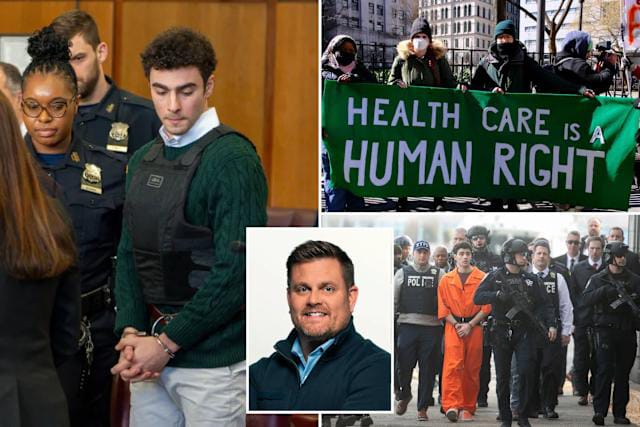In a case that has gripped the nation, U.S. Attorney General Pam Bondi has taken a rare and controversial step. On Tuesday, she announced that federal prosecutors will seek the death penalty against 26-year-old Luigi Mangione, the man accused of assassinating UnitedHealthcare CEO Brian Thompson outside a New York City hotel on December 4, 2024. The high-profile killing has ignited debates over corporate security, the death penalty, and the limits of federal prosecution in states where capital punishment is banned, as New York abolished death penalty more than 2 decaeds ago.

Mangione faces both federal and state murder charges in a case that shocked the business world. His actions intensified public debate on the health insurance industry. The federal indictment includes charges of murder with a firearm, making him eligible for capital punishment. The state charges, which will likely proceed first, carry a maximum sentence of life in prison, according to the Associated Press.
"Luigi Mangione's murder of Brian Thompson, an innocent man and father of two young children, was a premeditated, cold-blooded assassination that shocked America," Bondi said. "After careful consideration, I have directed federal prosecutors to seek the death penalty as we continue President Trump's efforts to stop violent crime and Make America Safe Again."
Mangione was arrested on December 9 at a McDonald's in Altoona, Pennsylvania. His arrest came five days after the alleged murder outside the New York Hilton Midtown. Authorities said he was carrying a firearm that matched the murder weapon and a fake ID.
Investigators also found a notebook in his possession. According to The Guardian, it contained notes expressing hostility toward health insurance executives. One entry from August 2024 allegedly stated, "the target is insurance," while another from October detailed a plan to "wack" a CEO.
Surveillance footage captured the suspect fleeing the scene on a bicycle and disappearing into Central Park. Mangione has pleaded not guilty to state charges and has yet to enter a plea in the federal case.
Thompson, 50, was on his way to an investor conference when he was ambushed. UnitedHealthcare, the largest health insurer in the U.S., confirmed that Mangione was never a client.
The case carries political implications. President Donald Trump, who resumed office in January, reinstated the federal death penalty on his first day back. This move reversed a moratorium implemented by former President Joe Biden.
New York abolished the death penalty in 2004. The state's highest court ruled that its death penalty statute was unconstitutional, and no new laws have reinstated it since. However, federal prosecutors can still seek the death penalty for crimes committed in New York if the charges fall under federal jurisdiction. Since Mangione is facing federal charges, the U.S. government has the authority to pursue capital punishment even though New York state does not allow it.
Legal experts say this case could set a precedent for federal death penalty prosecutions in states that have abolished capital punishment. Some advocacy groups have already raised concerns about the decision. "New York has made its stance clear on the death penalty," said Sarah Roberts, a legal analyst. "Yet, federal jurisdiction allows the government to override state laws in cases like this."
Mangione's defense team has not commented on the government's decision to seek capital punishment. However, his legal fees are reportedly being funded through a GiveSendGo campaign. The fundraiser, organized by a group called the December 4th Legal Committee, has raised approximately $775,000, according to The Guardian.









